Gemini Falls
Affirm Press $32.99 pb, 310 pp
Murder in Gemini
Australian rural noir – very much in vogue right now – exhibits Australians’ fascination with landscape, crime, and our complex history. Sean Wilson, who was shortlisted for the Patrick White Playwrights Award in 2016, has encapsulated these elements in his début novel, Gemini Falls. What emerges from the novel is a reflection on our modern society. Themes of rising inequality, power, welfare, sexual entitlement, xenophobia, toxic masculinity, and domestic violence entice readers to consider Australian society’s evolution since the Great Depression – seemingly not as far as one might hope.
Gemini Falls transports the reader back to rural Victoria in the turbulent 1930s. The country is battling the Great Depression and an outbreak of polio when we meet thirteen-year-old Morris Turner, his sister Lottie, and their father, Jude, a Melbourne-based detective. When Jude receives word that a young woman has been murdered in his home town of Gemini, he takes the family to the rural town to solve the case. There, Morris meets his estranged family members – Auntie Beth, Uncle Jimmy, and his cousin Florence, who is a budding detective herself. When Florence introduces Morris to Sam, the son of Gemini’s mayor, the three set out to solve the mystery of the murdered woman. The impact of the Depression is being felt across the country: rural townships are no exception. Makeshift camps have appeared outside town, and suspicion soon turns to its outcasts.
The eminent readability of Gemini Falls plays second string only to Wilson’s characterisation. Morris Turner’s singular point of view of allows the reader to stand unencumbered on the wide brown land of rural Victoria, side by side with the protagonist. The perspective of Morris is occasionally flawed, and the reader must navigate the truth from Morris’s understanding of this reality. Jude is also critical to the narrative, as he challenges the toxic masculinity rife in the township. His composure, judiciousness, and empathy for others contrast with the sometimes violent, sexually rapacious, intolerant men in Gemini. Wilson’s characterisation reveals a great deal about the underlying social issues, though the setting similarly plays a leading role in provoking readers to contemplate these themes.
Gemini has all the hallmarks of a rural township struggling through the Depression. Wilson builds a sense of isolation, alienation, and despair, capturing regional citizens at their finest, and vilest. This feels like a very familiar kind of town, from the steeple of the church to the white town hall, the mysteries hiding in the mining tunnels, and the local waterfall from which the novel takes its name. As the world endures the worst financial collapse in modern history, these rural townships battle to survive. The destitute beg townspeople for any food and money they can spare, while the main source of employment, the mine, stagnates due to the financial calamity. This gives Wilson space to explore these cross-generational themes.
In an article in the Guardian on 24 September 2022, Wilson wrote about his inspiration for Gemini Falls and the links between Depression-era Australia and modern-day Australia. ‘Happy Valley [a shanty town in Sydney in the 1930s] and the other camps of the Depression bear more than a passing resemblance to recent reports of more and more people being forced out of unaffordable houses or unable to secure a rental in the tight markets around Australia.’ While there is no doubt that the housing crisis of the 1930s was incomparably severe – in the Depression people didn’t have access to the kind of social welfare that is available today – the novel brings readers attention to the analogous nature of the times. Wilson poses the questions, what happens to a society when the gap between classes widens? How does our society treat the downtrodden, the homeless, the unemployed? This is where Gemini Falls comes into its own.
While literary comparisons to Harper Lee’s To Kill a Mockingbird may seem like hyperbole, there are similarities between the two novels. Each one is set during the Depression, the two protagonists are children, and both have widowed fathers who serve as sages and compassionate voices against injustice. Both novels examine prejudice and bigotry, integrity and fairness, themes that surface during times of profound hardship. In doing so, they expose the deepest undercurrents of humanity and the human condition.
Gemini Falls has some teething issues in prose and plot, but these are minor and largely excusable in a first novel. While a few missteps may exist, this does not detract from the fastidiousness of the novel. Beyond character, setting, and plot, Wilson uses a raft of key literary devices throughout to deliver a profound message.
Wilson’s use of motif is surgical. The novel is littered with references to stargazing, the mythology of the constellations, and of course the town itself: Gemini. As astrologers might tell you, people born in Gemini are likely to display a certain intellectual curiosity. Wilson’s main characters fit this definition, though the more profound message here may be to urge readers to be intellectually curious about the social messages emerging from the novel.
Sean Wilson probes deep into the wounds of Australian history to reveal a hidden truth about our current state of affairs. Through his fusion of historical fiction and crime, one cannot help but reflect on the mirror that Wilson holds up to our society as he poses the question: what has really changed in ninety years?



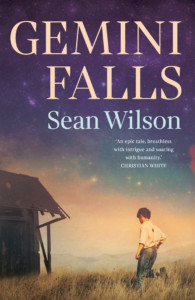




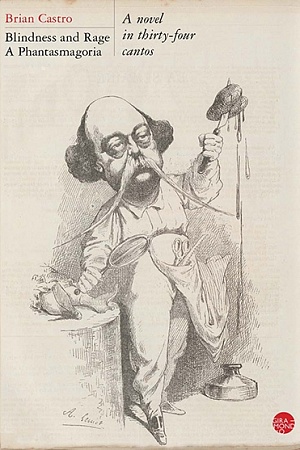
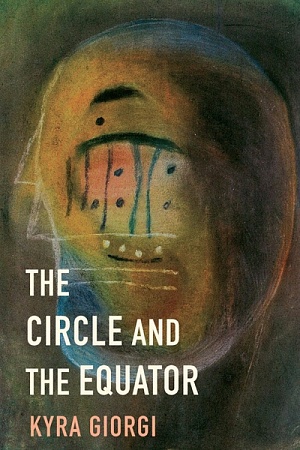
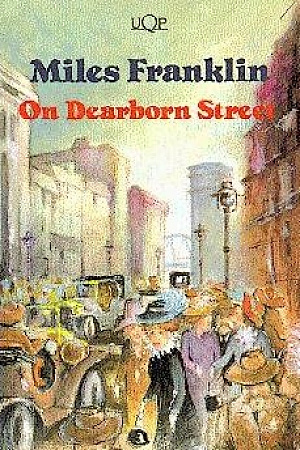
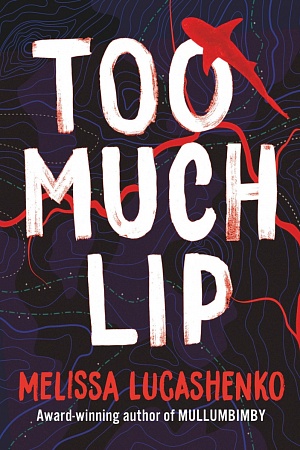
Comments (2)
Leave a comment
If you are an ABR subscriber, you will need to sign in to post a comment.
If you have forgotten your sign in details, or if you receive an error message when trying to submit your comment, please email your comment (and the name of the article to which it relates) to ABR Comments. We will review your comment and, subject to approval, we will post it under your name.
Please note that all comments must be approved by ABR and comply with our Terms & Conditions.